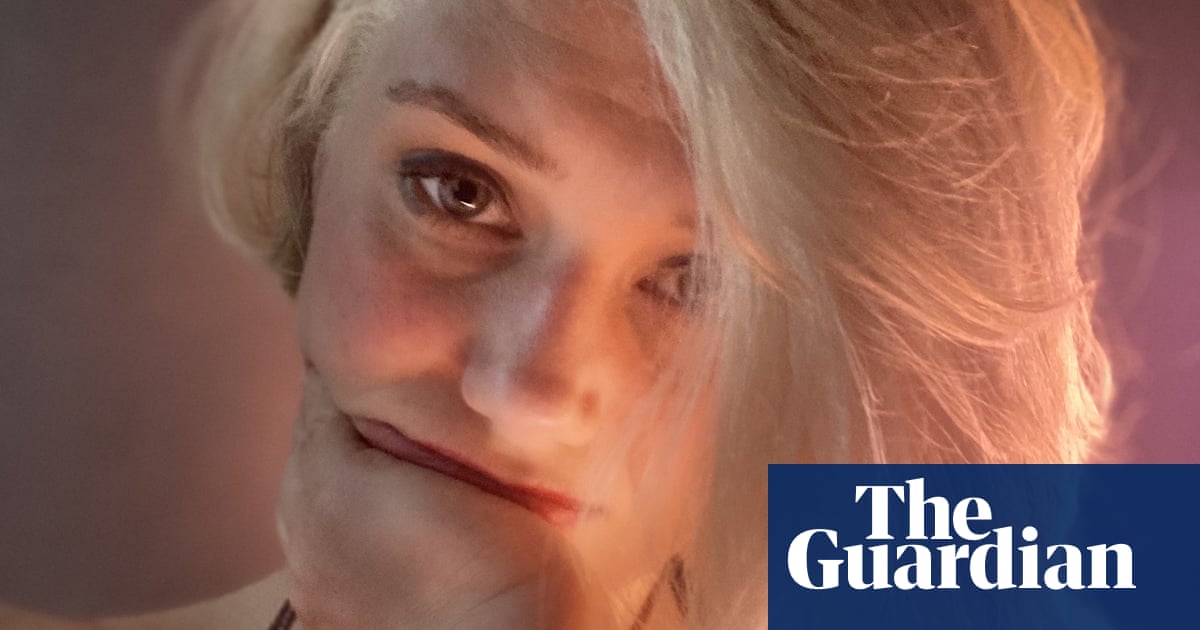
hen Vicki Igbokwe was 16, she was working full-time in a jewellers. One day she said to her manager: “I think I want to be a choreographer. I don’t quite know what they do, but I know they make dances that make people happy.” Igbokwe remembers this epiphany vividly, she tells me over Zoom. “I have no idea what you’re talking about,” said her manager.
It wasn’t the obvious career path for someone with no formal dance training, nor for someone who at the age of 14 had become the carer for her seriously ill mother (and three younger siblings), taking on adult responsibilities that left little time for pursuing artistic plans. But Igbokwe went home that evening, applied for a BTec and set off on a career that led to her creating her own blend of house, contemporary and west African dance styles, founding the company Uchenna Dance, working on the 2012 Olympics opening ceremony and this year being the first recipient of the AWA Women in Dance award.
Unusually, the AWA award was not given for Igbokwe’s choreography, but for her leadership, the award being part of a mission to redress the gender imbalance in dance. Even though the dance world is full of women, there are significantly more men in senior creative and management roles. Igbokwe is “one of the best female leaders we have in the UK sector”, according to AWA Dance founder Avatâra Ayuso. Not because she runs a large organisation, but because she inspires and empowers everyone she works with. “You just want to be around her,” says jury member and dance curator Eva Martinez. “She finds the potential in people and she has this very natural leadership ability to really make you feel you can do things.”
It was the difficult experiences of her teenage years that taught Igbokwe she could achieve what she hoped for. “It was really, really tough,” she says of her late mother’s illness. “But at the same time it’s definitely given me the foundation of who I am today, in terms of being resilient and fearless and just going, no matter what life throws at you, there is always a way to overcome.” At the time, being “14 going on 44”, dance became her mode of escape. “Having all this responsibility, dance was the one thing that allowed me to be my age in that moment.” Without formal training, she danced only at school and family events. “My mum was part of these African women’s associations and once they’d had the meeting, the food would come out and the music and the kids and everyone was dancing.”
But dance was never considered a career. Igbokwe was expected to become a barrister like her father (who died when she was a child), yet her mum, a Labour councillor in north-west London, inspired Igbokwe’s confidence to follow her own path. “Her thing was never to become a statistic,” says Igbokwe. “Don’t let society or other people dictate who you can be. If there’s a glimmer of something in the future that you can see, you owe it to yourself to make it happen.”
Igbokwe is now busy helping other people believe that. She works with organisations having difficult conversations – such as those around race, something the AWA jury felt she was instrumental in during last summer’s resurgence of the Black Lives Matter movement. She also coaches individuals on realising their artistic vision and, more importantly, making a living from it. “You want to make money from your career? In the arts it feels like such a dirty concept – it’s like you just swore!” laughs Igbokwe. “You’ve got bills, you might have kids, you might want to have a holiday, all of the things my friends who are not in the arts get to do and talk about without any shame.”
Igbokwe’s attitude is: no guilt, no apologising. “Being yourself, being who you are, should be the easiest thing to do in life,” she says. “And a lot of time it’s the hardest. There are external pressures, to look a certain way, to be and speak a certain way, the idea that you have to have a certain upbringing to occupy particular spaces, and that’s all a fallacy.”
When it comes to change in the dance industry, she sees people making “the big loud gestures”. “But what’s the thing you can be doing that’s little and often, an actual practice that becomes part of your office, your team, your everyday?” At a panel discussion asking where the female choreographers are, Igbokwe once theatrically pulled out and started reading a long list of all the women she knew making dance. “We’re out here, but if you’re not looking for us, why would you see us?” she says. “If you’re always feeding John, if he gets all the opportunities, then no wonder Jessica isn’t going to match up.”
While Igbokwe has criticisms of the industry, she also thinks women can help themselves. “We need to be able to make ourselves the priority and not feel guilty about that,” she says. And to not be afraid of not being good enough. “There’s always going to be a bit of fear,” says Igbokwe. “But on the other side there’s always going to be a breakthrough.”










